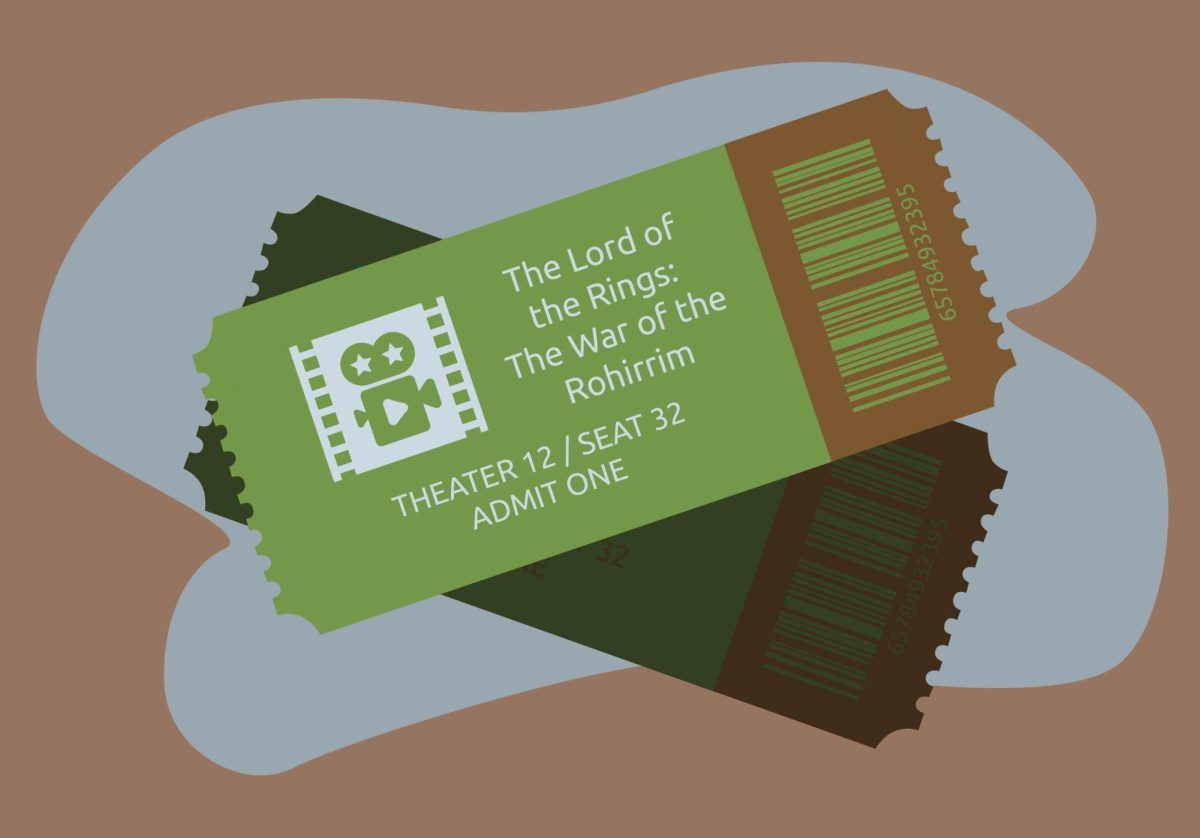We humans like to put our hopes on that job, that girl, that raise. If we get it, we think, we’ll be happy for, well, pretty much forever. Often, we’re wrong.
Turns out science backs up this idea.
Daniel Gilbert, a psychology professor at Harvard University, tackles this idea and others in his new book, “Stumbling on Happiness.” Using extensive data from surveys and lab research, the book concludes that human beings often don’t know what will make them happy.
“The book is about why the human brain seems to be designed to mispredict what will make it happy,” Gilbert said. “(The brain) misimagines the future, and moreover it misimagines how it will react when it gets there.”
Gilbert said this goes for notions of both happiness and sadness. When good things happen, people tend to think those things will make them feel good for a long time. Likewise, when bad things happen, we tend to imagine we will be devastated forever. But good things make us feel good briefly until something else comes along. Same goes for bad things, Gilbert said.
“What we find is that the devastation is much briefer and less severe than they thought it would be,” he said.
This is the “impact bias,” the core of a whole line of research called “affective forecasting,” where people try to predict their emotions.
“Just as people make mistakes in retrospection, when they look back in time, people make errors when they look forward in time,” he said.
The research in Gilbert’s book goes back some 15 years and even includes surveys of how people thought they would react to the first election of President George W. Bush as governor of Texas.
Two studies included in Gilbert’s book relate directly to situations on campus: One about college students and their reaction to a breakup, and one about professors getting tenure.
“College students rebound from relationships very quickly,” he said. “How quickly? More quickly than they predicted.”
Professors told researchers they thought they would be happy forever if they received tenure and devastated if they didn’t. But studies showed that in the first five years after that decision, those who get tenure or don’t report the same levels of happiness.
It all comes down to the adaptability of the human mind, Gilbert said, just another adaptability that has allowed our species to survive over the millennia.
Humans have an amazing ability to rationalize things, he said. But this doesn’t mean they make things up. Instead, they can choose the way they will view their world to feel better about it.
“There are often many equally legitimate ways to think about a situation. None of them are wrong,” he said. “The human brain has a remarkable ability to shop among these different points of view and find the one that feels best.”
But Gilbert said humans don’t seem to recognize this in themselves – though they seem acute to seeing it in others (there always are more fish in the sea, for example).
“That’s really the key here,” he said. “We understand that humans rationalize. We just don’t understand that we’re among them.”







